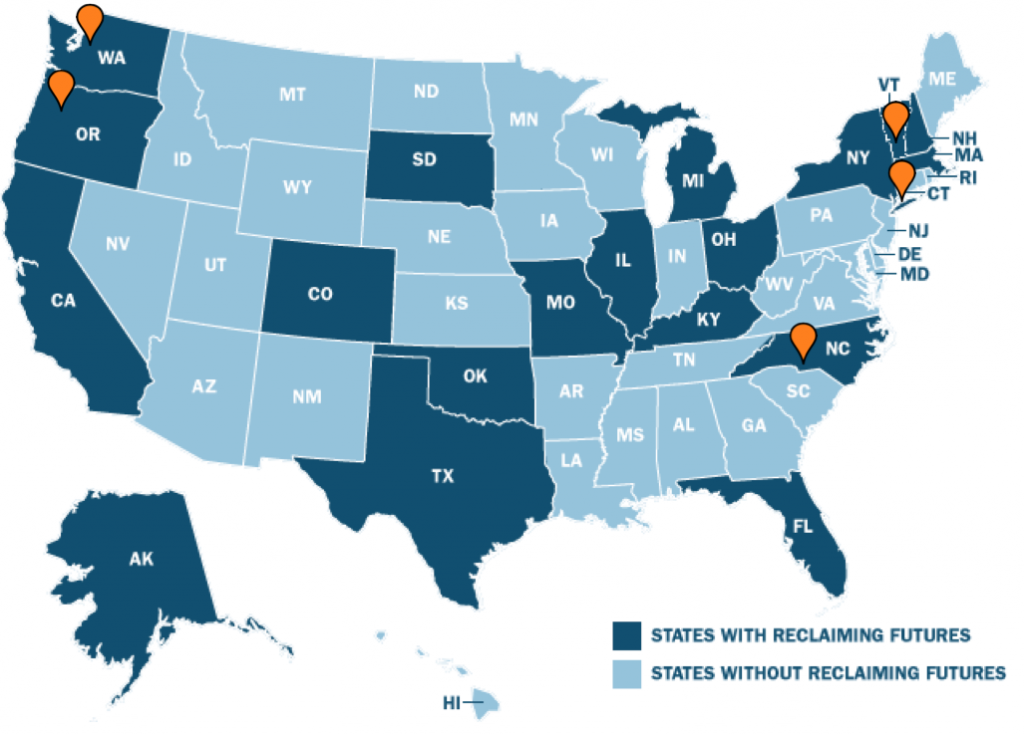Trying to Fix America's Broken Juvenile Justice System; News Roundup
By Cecilia Bianco, January 30 2015
 Juvenile Justice Reform
Juvenile Justice Reform
- Trying to Fix America's Broken Juvenile Justice System (Rolling Stone)
As Congress begins its new session, youth advocates are looking forward to the passage of a bipartisan bill that would strengthen protections for young people involved in the juvenile justice system. - Whistleblowers Say DOJ Grants Failed To Protect Kids Behind Bars (NPR)
There's new scrutiny this year on a federal program that's supposed to protect juveniles in the criminal justice system. Senate lawmakers want to pass a bill that would ensure young people are not locked up alongside adult offenders — and they're quietly investigating the use of federal grant money for the program. - New Campaign Seeks to Sharply Reduce Youth Incarceration (JJIE)
The Youth First! Initiative — founded by longtime juvenile justice advocate Liz Ryan — will also seek to reduce rampant racial and ethnic disparities in juvenile incarceration.
Jobs, Grants, Events and Webinars
- Please share the Reclaiming Futures Opportunity Board with your colleagues in the juvenile justice, adolescent substance abuse and teen mental health areas. It's free to browse and post!
Adolescent Substance Abuse Treatment and Mental Health
- UF study of drug users finds people with ADHD started using at younger age (UFL News)
Adults with a history of ADHD who use drugs started using substances one to two years earlier than those with no ADHD history, according to a new University of Florida study. The findings highlight the need for earlier substance-use-prevention interventions in adolescents with ADHD, researchers say.
- Teens in more control during school-based suicide prevention (The Globe and Mail)
Dr. Danuta Wasserman, a professor of psychiatry at the Karolinska Institute in Sweden, said the program was likely successful because students “felt that the power of mastering their feelings, coping with stress and choosing solutions was in their hands and not decided or forced by adults.”
- Teen ‘Pharming’ Is a Rising Concern (Psych Central)
A new review suggests new initiatives are needed to address the rise of “pharming,” or recreational use and abuse of prescription drugs, among teenagers.

 of the original grant writers that helped lay the groundwork for the model in the Crossroads site.
of the original grant writers that helped lay the groundwork for the model in the Crossroads site. A new toolkit, published by the
A new toolkit, published by the 
 To celebrate 2014 as it comes to an end, here are Reclaiming Futures top five most popular blog posts of the year!
To celebrate 2014 as it comes to an end, here are Reclaiming Futures top five most popular blog posts of the year! Below you’ll find a selection of the latest grants, jobs, webinars and events posted to our Opportunity Board. Please share the
Below you’ll find a selection of the latest grants, jobs, webinars and events posted to our Opportunity Board. Please share the  Juvenile Justice Reform
Juvenile Justice Reform